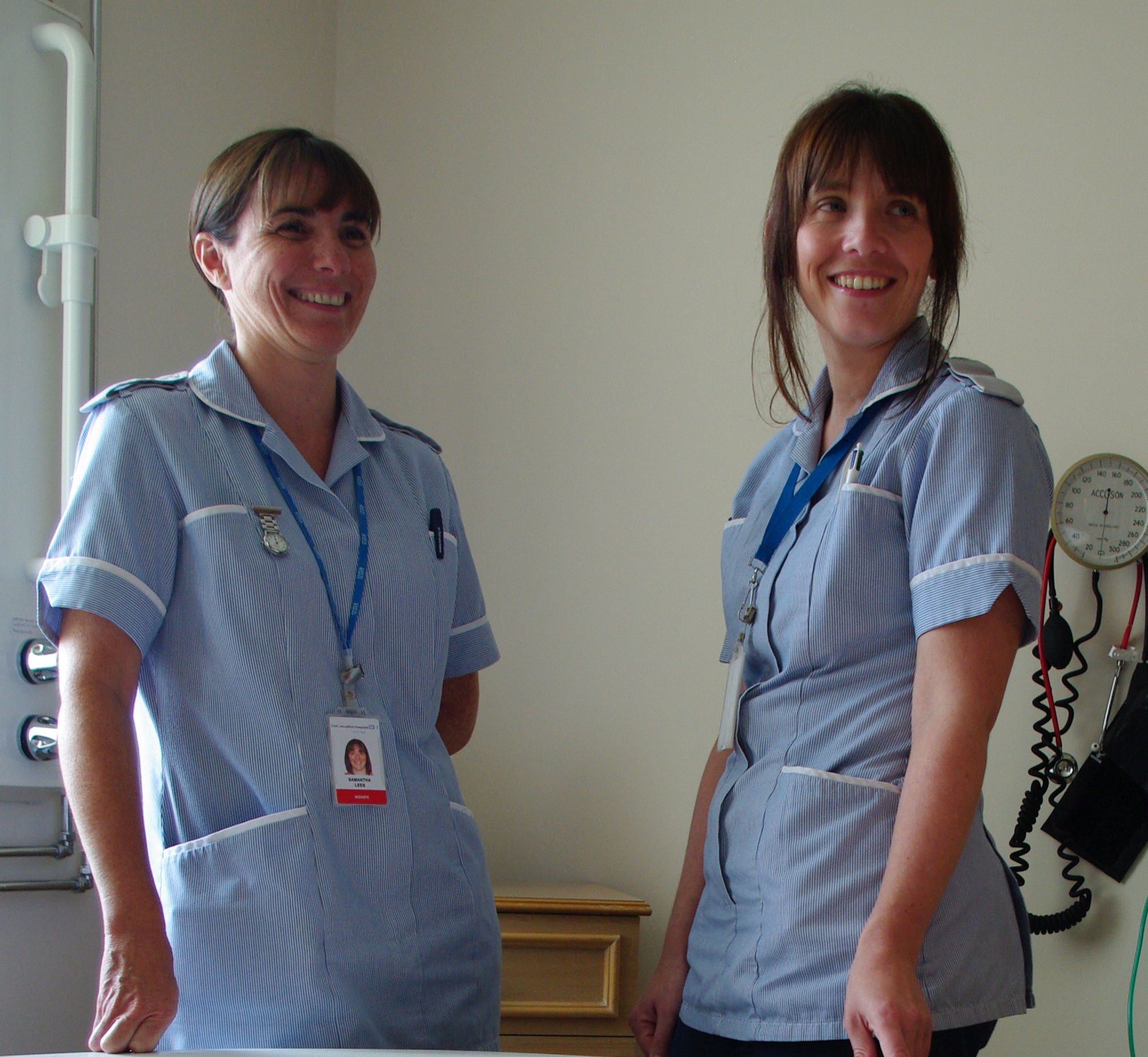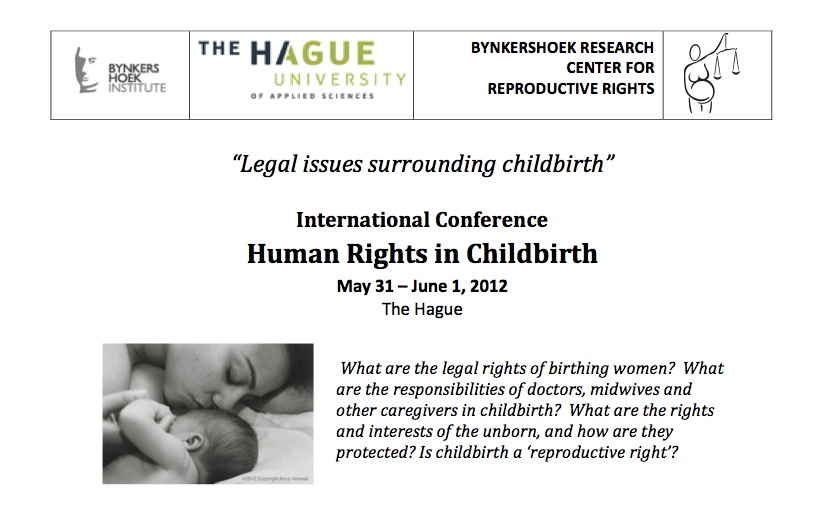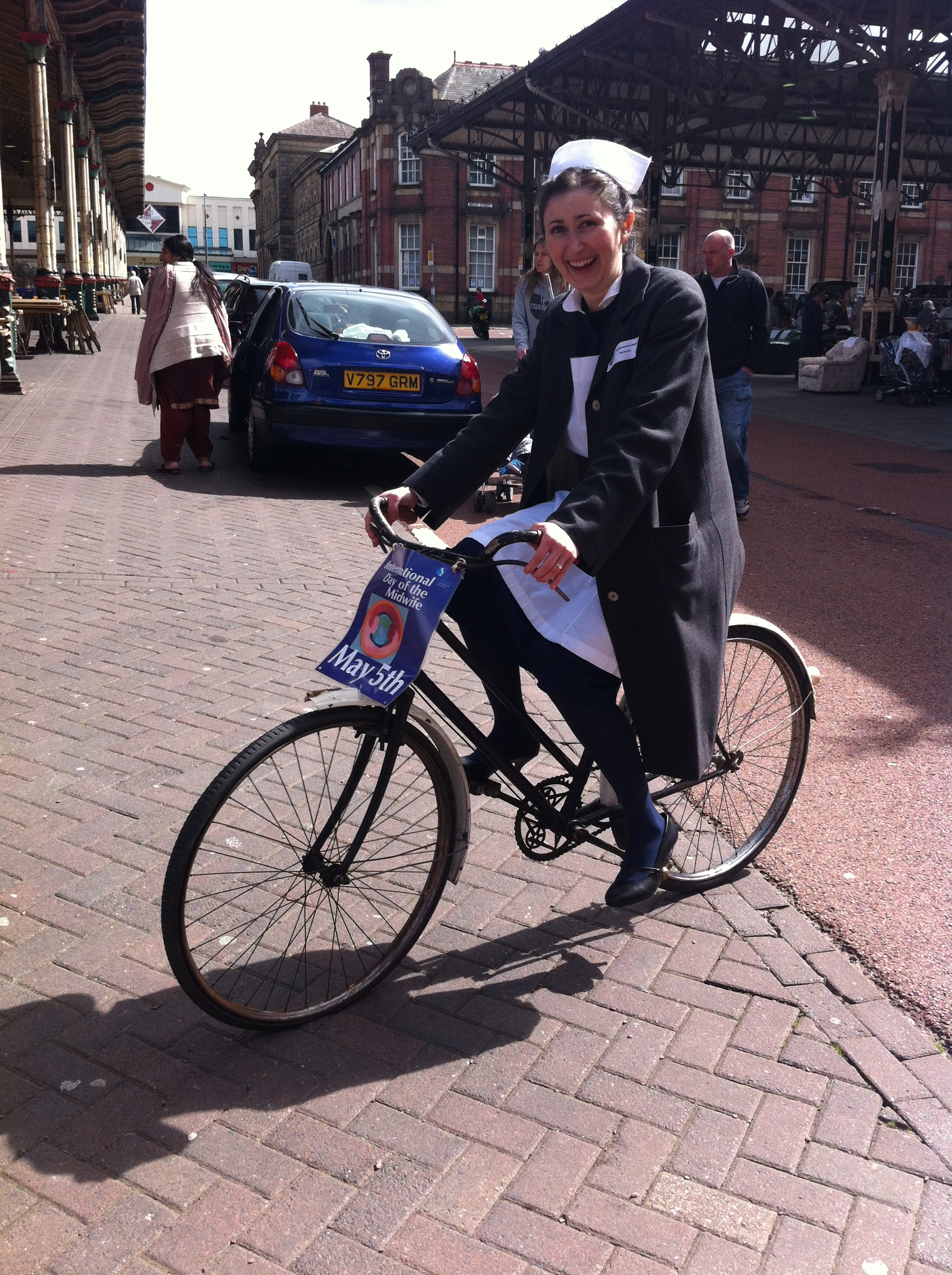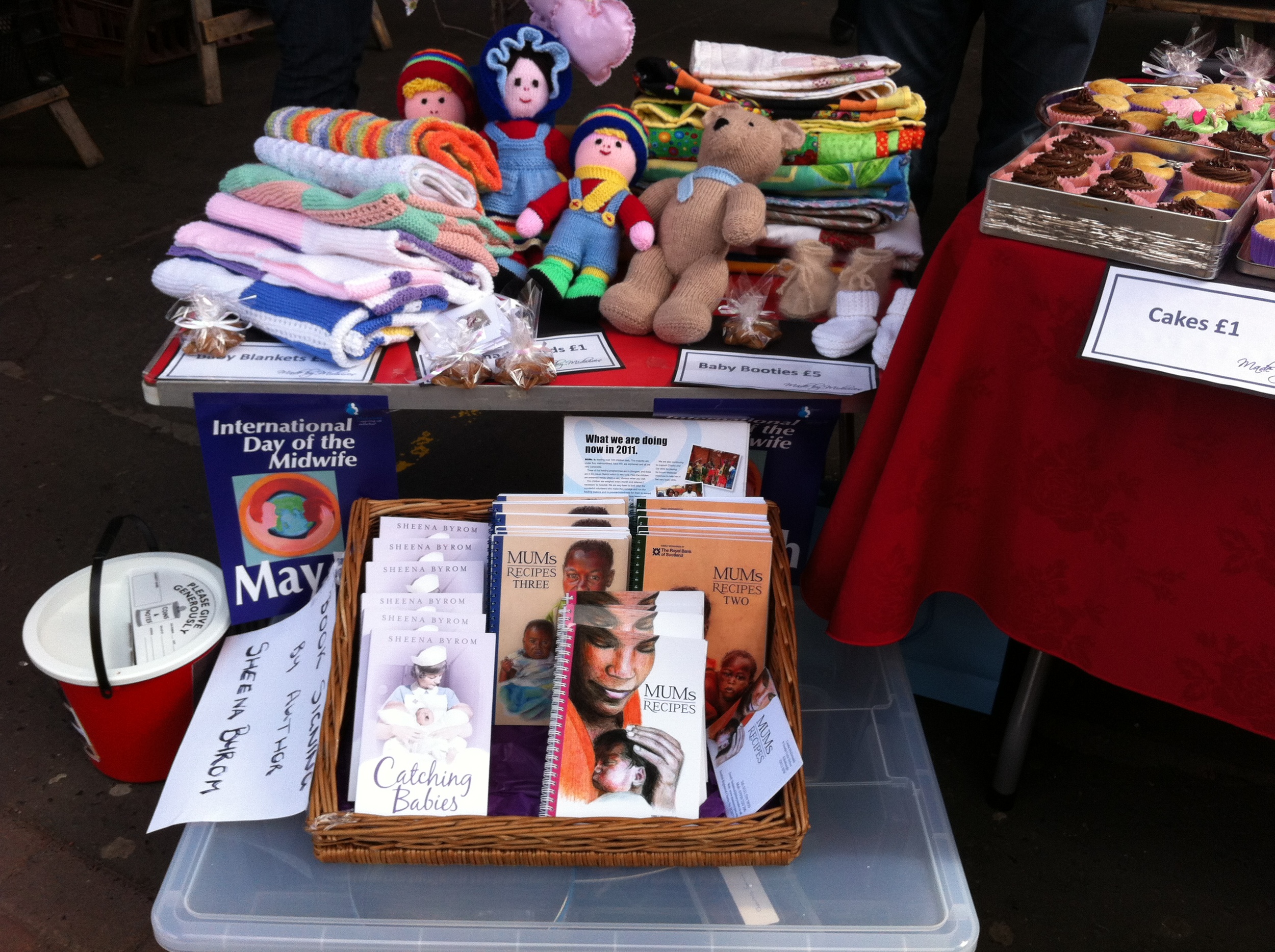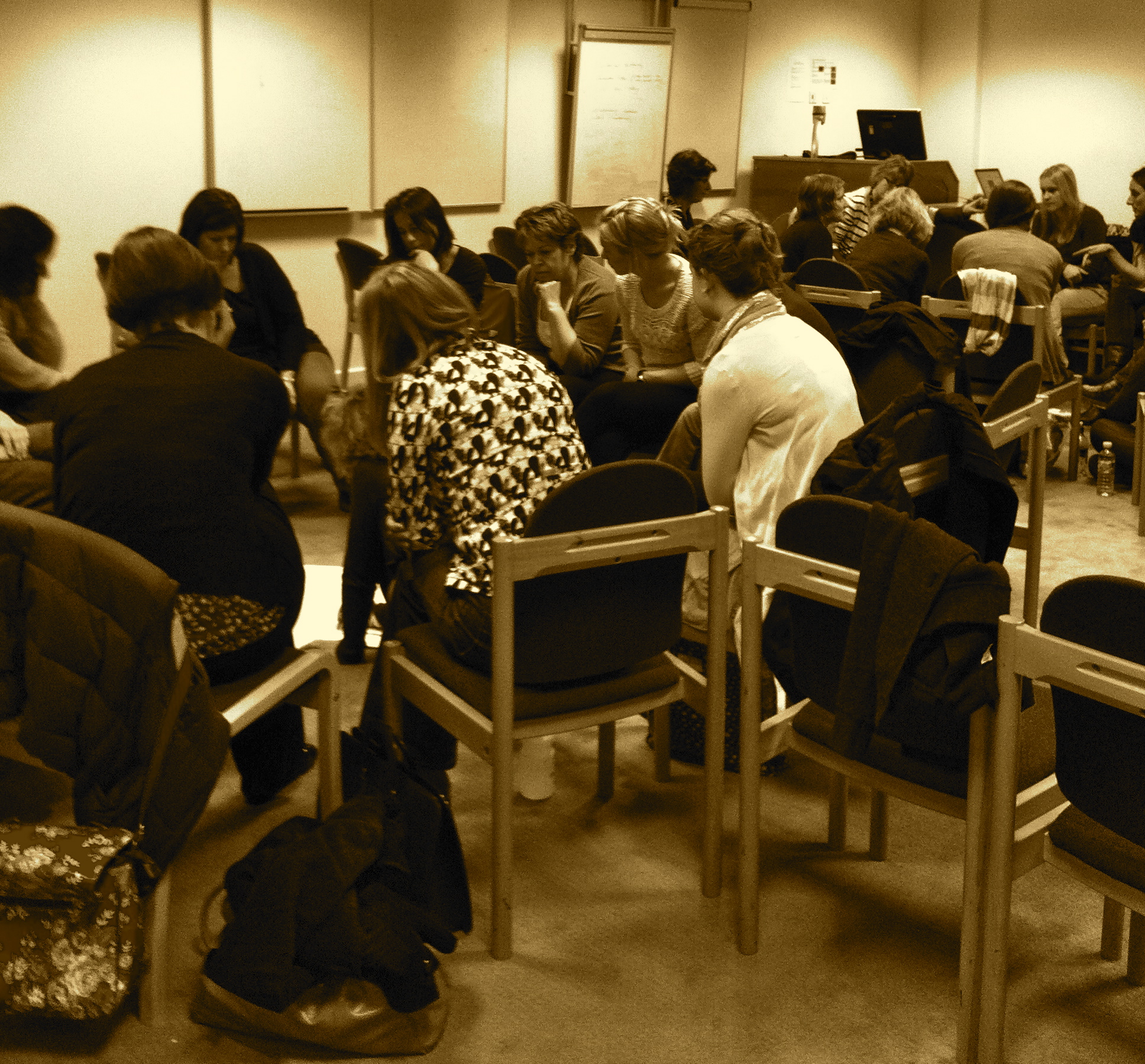NORMAL BIRTH - evidence and facts
/"Yellow journalism is is a type of journalism that presents little or no legitimate well-researched news and instead uses eye-catching headlines to sell more newspapers''
I would usually add screen grabs of the offending news articles HERE, but I am not. They are sickeningly inaccurate and offensive.
But this post is referring to recent ludicrous press claims in several newspapers, of a non-existant 'cult of normal birth' by midwives, and that mothers and babies are suffering because of it. These stories are fear-mongering untruths, aimed at damaging a profession, and limiting women's autonomy and choice. And, they are adding to the fear amongst pregnant women, that already prevails.
Shame on you all.
Professor Soo Downe OBE, midwife and internationally recognised expert in the field of childbirth, presents the
EVIDENCE AND FACTS
1. There is no evidence whatsoever that a ‘cult of normal birth’ exists: indeed, less than half of women in the UK who could have a normal birth do so (40% as opposed to 80%), and nearly double the World Health Orgnaisation (WHO) recommended rate of 15% of Caesarean section (CS) are being done (over 26%) at a time when the whole world accepts that CS rates are too high, and that high rates risk harm to mothers and babies.
2. The Morecambe Bay Report seems to be the sole source for all this reporting. This described the situation in one hospital (not a midwife led unit) in one Trust in one part of the country some years ago. Dr Kirkup, who authored the report, has reiterated that there were five areas of failure found – the issue of normal birth was only one of them. He has emphasised that all five areas were equally important in their potential contribution to adverse outcomes. While the report was very important in highlighting the range of problems that were occurring at Morecambe Bay at the time, and that could have been occurring elsewhere in the country, extrapolating from this that a 'cult of normal birth' exists, and that it is the sole and direct factor responsible for the death/morbidity of thousands of babies across the country, is scandalously bad journalism
3. There is no evidence that there is an increase in incidences of perinatal asphyxia in the UK.
4. There is no evidence that normal birth per se (any more than any other mode of birth) is associated with baby deaths or damage.
5. The evidence we do have, from reviews of good quality randomised controlled trials, is that, if women have continuity of midwife led care, they are less likely to lose their babies (from early pregnancy to the early postnatal period, including birth), 24% less likely to have babies born prematurely, AND more likely to have a normal birth. WHO and many other responsible agencies around the world accept this evidence.
6. Indeed, WHO is currently working on a guideline to reduce unnecessary CS
7. The current press coverage in the UK seriously risks damaging mothers and babies in the future if, as consequence, normal births fall and CS or instrumental vaginal birth climb
8. In the United States of America, which has one of the highest rates of intervention and one of the most expensive maternity systems in the world, maternal and infant mortality are one of the highest among the group of the worlds richest countries
9. It is also unacceptable that our Secretary of State for Health, who is supposed to be concerned with reducing baby loss, has not challenged these deeply flawed claims, on the basis of the harm it may do to future mothers and their babies.
Given all this evidence, it is astonishing that the press are reporting the complete opposite. They should seriously consider if they are breaking their own press code of ethics, that states that they must adhere to the following:
Seek truth and report it
Minimise harm
Act independently
Be accountable and transparent
All of these ethical principles seem to have been violated in the elements of the recent reporting that link normal birth as a systemic problem, and as the (only) factor in adverse outcomes in mothers and babies.
It is clear that there are still some areas of poor practice which need to be addressed, but the outputs of recent quality assessments show that the majority of maternity care is excellent, including good collegiate relationships between midwives supporting women to have normal births, and obstetricians providing technical interventions where these are needed . Addressing poor quality care should not be at the cost of reducing this excellence.
Professor Soo Downe OBE










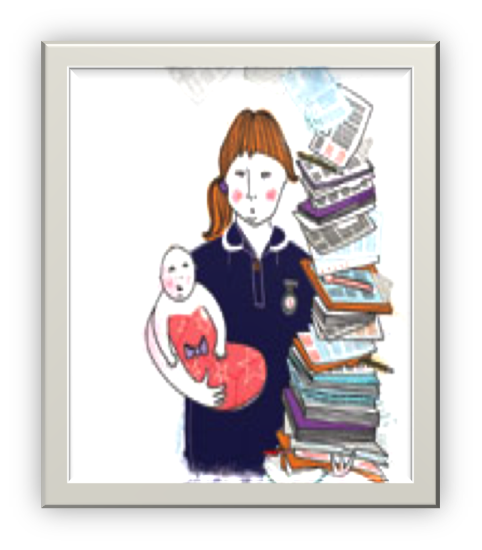










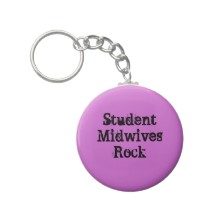
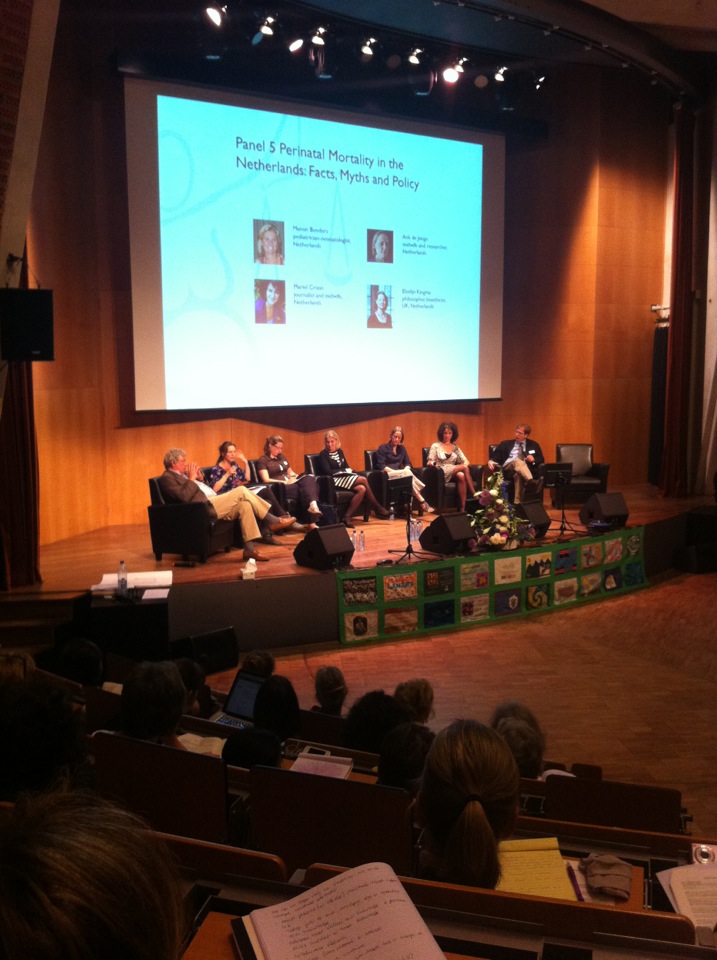 Attending the second day of the
Attending the second day of the 

